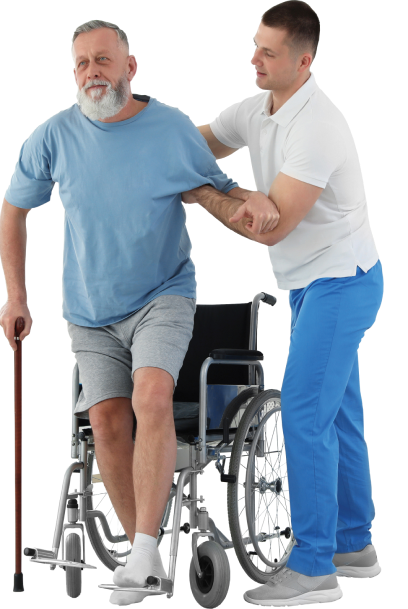SALT LAKE CITY — Utah could be in line for another heavenly spectacle, as a potentially severe geomagnetic storm could create a visible aurora borealis over Utah.
That is, if clouds don't get in the way.
A 'very rare' watch
The Space Weather Prediction Center issued a G4 (severe) watch on Tuesday, as a series of coronal mass ejections from the sun brings solar material and magnetic fields to Earth. Those are most likely to reach Earth between Tuesday and Thursday, with early Wednesday potentially being the most substantial wave from the incoming storm, according to the watch.
While magnetic storms are common, G4 watches are "very rare," the agency adds. They're issued when there's enough material to potentially create "detrimental impacts" to critical infrastructure across most of the country, including voltage control systems. Tuesday's watch is its first in months, and just the fourth of its kind since the solar cycle began in 2019.
Who will see the northern lights?
Stronger solar flares increase the probability of viewing an aurora borealis — or northern lights — in Utah and other parts of the country that are less likely to view them any given night. Those form when the material from the sun collides with Earth's atmosphere, creating waves of color in the sky.
Utahns have been able to view the northern lights a few times over the past two years due to the more substantial geomagnetic activity, especially on May 11, 2024, when Earth received its first G5 (extreme) storm in two decades.
There's no guarantee that the storm will reach G4 strength or above, but some updated projections are bullish about Utah's chances of seeing the northern lights.
As of 2 p.m. Tuesday, University of Alaska Fairbanks experts project that the peak of the storm could arrive between 8 p.m. and 11 p.m. on Tuesday, potentially making them visible all across the state. There's some possibility before and after that window, especially toward the northern end of the state.
But the timing of the incoming solar material and magnetic fields is also unknown, said MyRadar and NPR meteorologist Matthew Cappucci, in a video posted Tuesday afternoon. He expects the northern lights to put on a big display if the peak arrives between late Tuesday and early Wednesday.
"The aurora should shine over much of North America, including a good chunk of the Lower 48," he said. "If (a G4 storm) happens ... there's a chance cameras might see them all the way down to like Oklahoma or even northern Georgia."
There's another possible chance on Wednesday night, KSL meteorologist Matt Johnson adds.
Cloud potential
However, clouds could impact visibility in some parts of the state.
Clouds in front of a storm system near the California Coast are forecast to arrive in Utah between Tuesday night and Wednesday morning, Johnson said. The bulk of those are expected to arrive between 9 p.m. and midnight, before blanketing most of the state later on Wednesday.
"The hope is that this cloud cover comes late enough that we could still get a glimpse of the northern lights," he said.
Parts of eastern Utah may have better luck avoiding the clouds between late Tuesday and early Wednesday, but clouds may make viewing difficult statewide on Wednesday night.
The Key Takeaways for this article were generated with the assistance of large language models and reviewed by our editorial team. The article, itself, is solely human-written.
More stories you may be interested in

 385-444-7026
385-444-7026




 Service Areas
Service Areas























